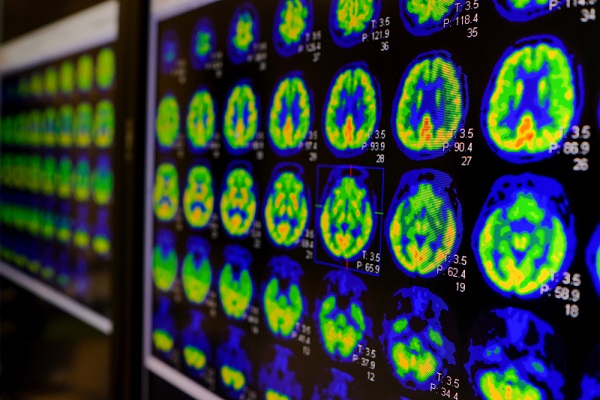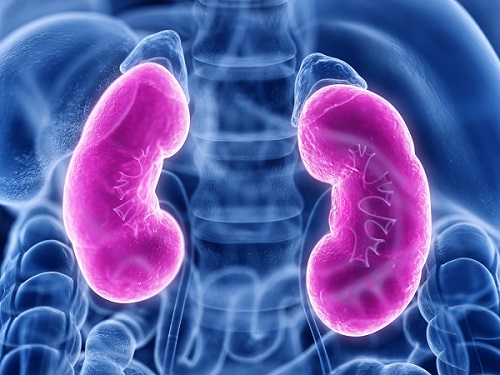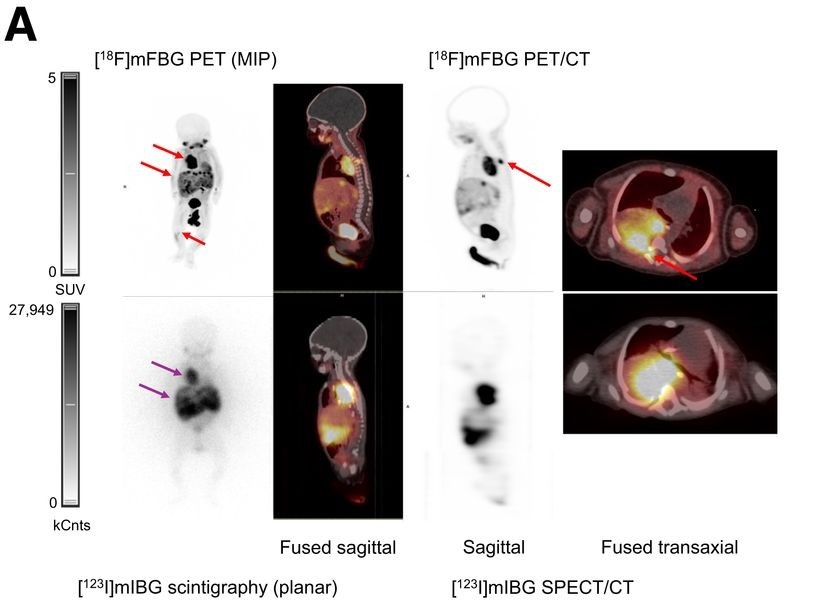New Radiotracer Could Be a Game Changer for Detection of Coronary Artery Disease
Posted on 11 Oct 2024
Coronary artery disease (CAD) is the most prevalent form of heart disease and remains the leading cause of death for both men and women in the U.S., accounting for 695,000 deaths in 2021. Approximately six million myocardial perfusion imaging (MPI) procedures are performed annually in the U.S. to assess blood flow through the heart muscle and to evaluate the presence, extent, and severity of myocardial ischemia or infarction. Currently, single-photon emission computed tomography (SPECT) MPI is the primary nuclear cardiology procedure used to detect CAD. While positron emission tomography (PET) MPI offers higher diagnostic accuracy compared to SPECT MPI, the use of PET for MPI is limited due to restricted access to the necessary PET tracers. However, this is poised to change with the introduction of a new radiotracer that could revolutionize CAD diagnosis, the disease responsible for the highest mortality worldwide.
GE HealthCare's (Chicago, IL, USA) Flyrcado (flurpiridaz F 18) injection is the first PET MPI agent specifically designed for the detection of CAD. Intended for patients with known or suspected CAD, Flyrcado provides greater diagnostic efficacy than SPECT MPI. The injection can be produced offsite in a pharmacy and delivered as a ready-to-use dose, potentially broadening access to PET MPI, improving diagnostic accuracy in hard-to-image patients, such as those with a high body mass index (BMI) and women. With a 109-minute half-life, significantly longer than current PET MPI tracers, Flyrcado eliminates the need for on-site tracer production and generator maintenance, allowing for wider distribution to hospitals and imaging centers. The extended half-life also makes it the first viable option for combining exercise stress testing with cardiac PET imaging for CAD, enabling the most comprehensive protocol for assessing ischemia in patients. Additionally, Flyrcado offers the ability to rescan patients during the same imaging session in the event of technical issues, rather than requiring a separate appointment.

The U.S. Food and Drug Administration (FDA) has approved Flyrcado for detecting CAD. This agent joins two other F 18 imaging agents in GE HealthCare's FDA-approved PET molecular imaging portfolio: Cerianna (fluoroestradiol F 18) injection, used for detecting estrogen receptor-positive lesions as an adjunct to biopsy in patients with metastatic or recurrent breast cancer, and Vizamyl (flutemetamol F 18) injection, a PET tracer used for imaging beta-amyloid neuritic plaque density in adults being evaluated for Alzheimer’s disease or other cognitive disorders. Flyrcado is expected to be available in initial U.S. markets in early 2025, with expanded availability to follow.
“As the first and only FDA-approved F 18 PET MPI radiotracer for CAD detection, Flyrcado can make a real difference to clinicians and their patients,” said Kevin O’Neill, CEO of the Pharmaceutical Diagnostics (PDx) segment of GE HealthCare. “This is another example of GE HealthCare’s commitment to innovating and investing to shape the future of molecular imaging, increasing diagnostic confidence and addressing unmet patient needs.”
Related Links:
GE HealthCare














